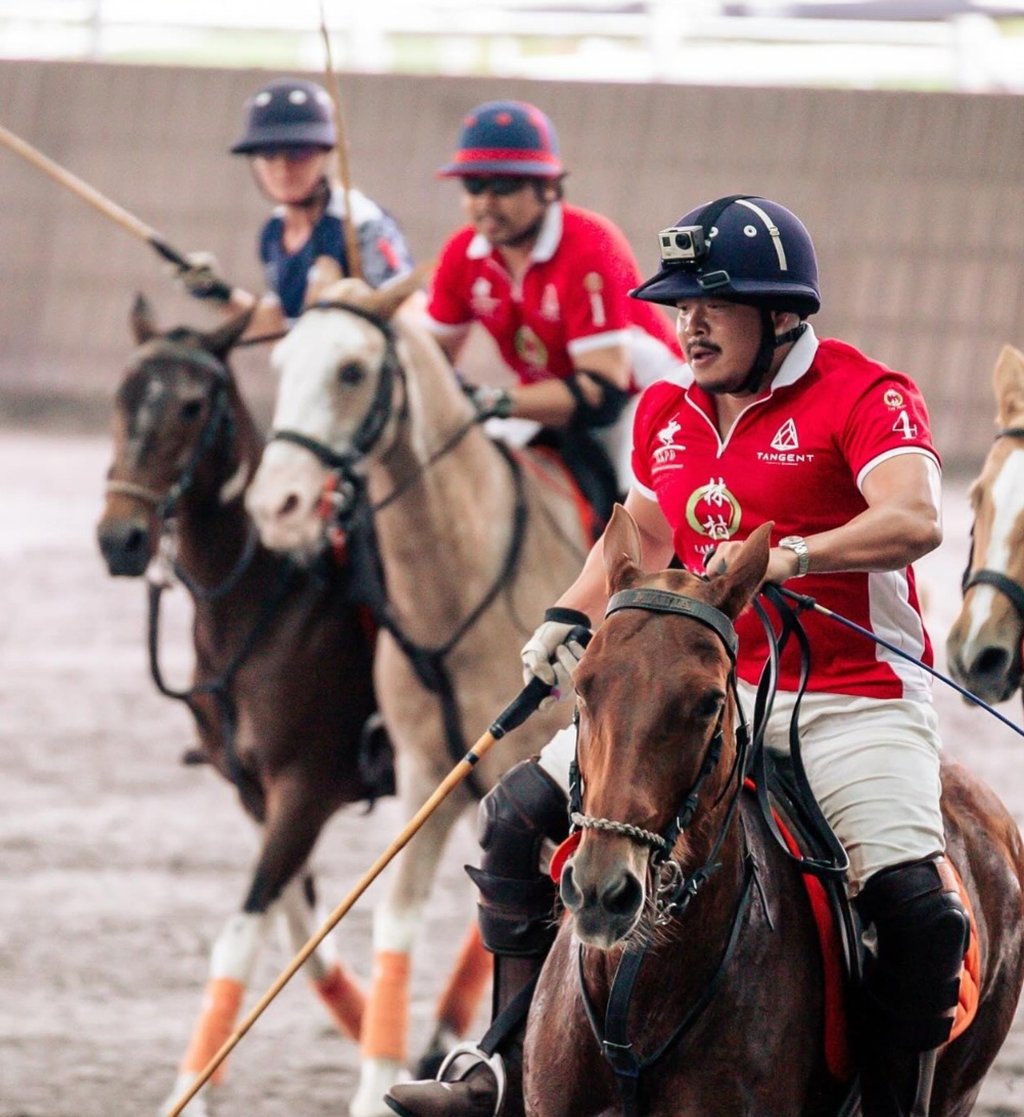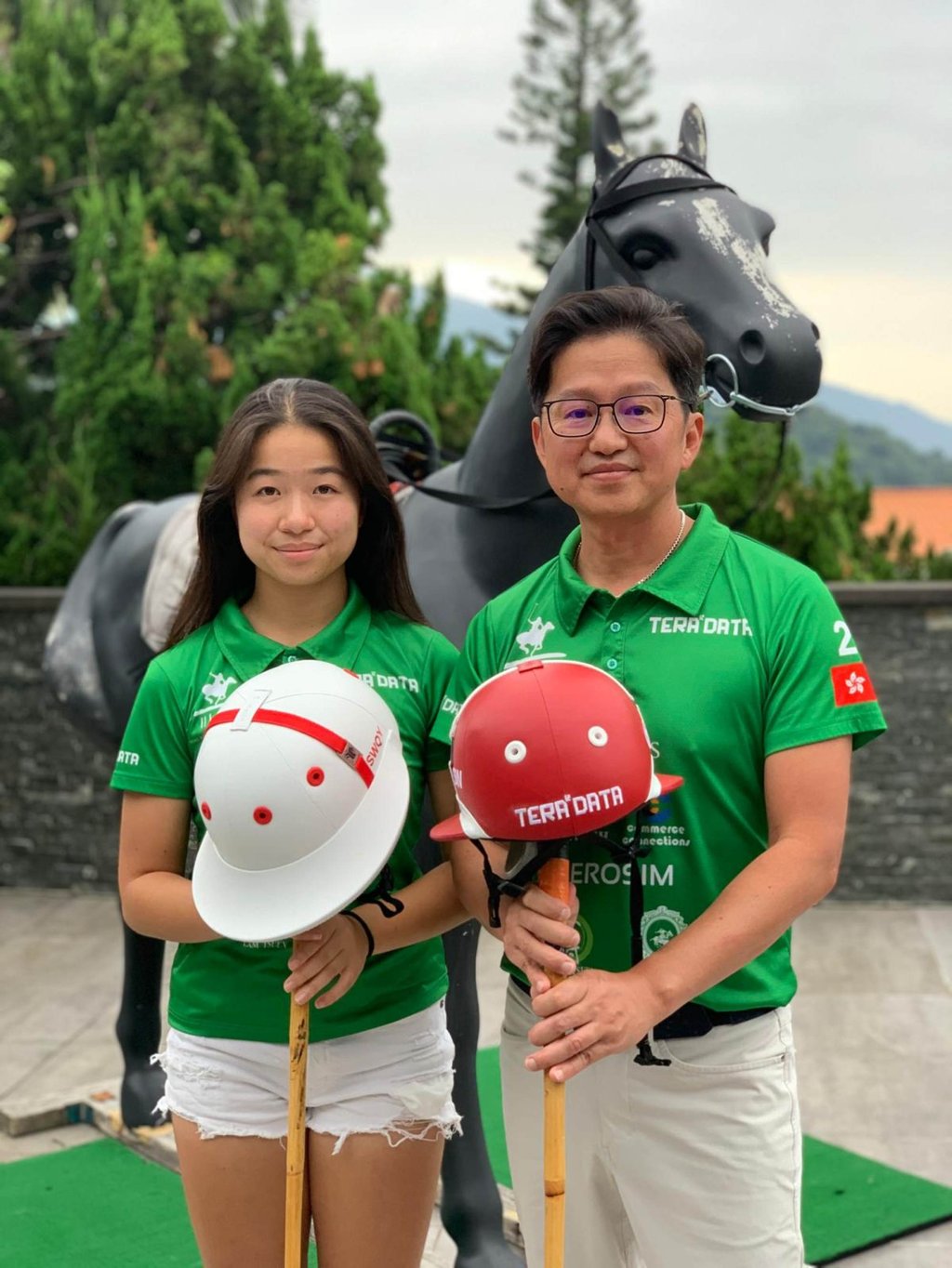They say the sport, which is no more expensive than golf or skiing, has been around a long time but not much has been done to popularise it
The polo community in Hong Kong says the sport is underdeveloped and is lagging behind other countries in the region despite the sport’s roots being planted in the city before it was in the other nations, more than 50 years ago.
Active local players across the various age levels also want to change the general perception of polo being a niche sport, saying it was not a “rich man-only” sport.
Andrew Leung Hok-yuen, who in 2018 founded Hong Kong Polo Development, a grass roots movement dedicated to growing the sport within the region’s dynamic equestrian scene, said Hong Kong was an anomaly in terms of “every developed city having a polo club”.https://imasdk.googleapis.com/js/core/bridge3.675.2_en.html#goog_171286596https://imasdk.googleapis.com/js/core/bridge3.675.2_en.html#goog_171286597https://imasdk.googleapis.com/js/core/bridge3.675.2_en.html#goog_171286598
“I’m trying to think which cities do not,” he said. “Even Indonesia, Thailand, Singapore, South Korea, China [have polo clubs] – the odd one out is Hong Kong.”

Leung, Samson Wong and Wong’s daughter Sharmaine Wong Qian-yu were among 20-plus active polo players in Hong Kong, and Wong senior believed Hong Kong should look to Singapore as an example, given the two places were “so similar in so many different ways”.
“Multinational, strong in financial and very good at tourism,” the 50-year-old Wong said. “We are both a small area with great diversity of population.
“Singapore has a polo court even though it smaller in size than Hong Kong. Why can’t our government support this?”
Leung added that polo was played by the British military in Hong Kong as early as in the 1950s and 1960s.
“It was at the Shek Kong Barracks,” he said. “They’ve still got the pitch there but it’s a military base now [belonging to the People’s Liberation Army Hong Kong Garrison].
“I’d say the challenge [for us to develop the sport here] is probably the Hong Kong Jockey Club – they do not have the knowledge or experience regarding polo, and therefore do not appear to encourage it.”
The Post reached out to HKJC for comment, and the non-profit organisation providing horse racing, sporting and betting entertainment in Hong Kong said the club was a staunch supporter of sport and sports development, and had worked with community partners including the Olympic Committee of Hong Kong and the Hong Kong Sports Institute.
“With respect to polo, the Club’s Charities Trust has to date not received any donation or sponsorship request. The Trust has a well-established procedure to evaluate all requests for funding,” a spokesperson of the club said. “In general, the Trust will support projects that meet emerging community and social needs and which deliver impactful change.”

Sharmaine Wong, who began riding horses at the age of eight and started playing polo only two summers ago, said riding on horseback with a mallet in hand brought her some “important” dad-and-daughter time.
“If I am playing other sports, say rugby or volleyball, it’s a certain age group and gender,” she said. “But we can play polo together as a team without any blocks.”
Leung said it was a “rare thing” for Wong, who is just 14, to be playing and doing well in the sport. At the Hong Kong Challenge Polo Cup played in early October in Tianjin, the Sha Tin College student was voted by the participating teams – Lam Tsuen, Deacons, Tera Data and the Metropolitan Polo Club in Tianjin – as the most improved player.
Despite her relative inexperience among the other players, Sharmaine, who scored her first goal during the tournament, helping her team Tera Data finish third behind Lam Tsuen and Deacons, was determined to promote the sport and bring in new blood.
“It’s going to be a long-term project, so maybe we just start with small actions and steps, spreading the word before we start doing more bigger projects,” she said.
Wong said the myth of affordability remained the key to changing the public’s perception about polo being an exclusive sport.
“If people in Hong Kong are able to play golf and go skiing, they should be able to play polo as well,” she said. “We need to spread the message by mouth, through the news and social media.
“I think it can help to at least change the perception of other people that polo is a niche sport.”
